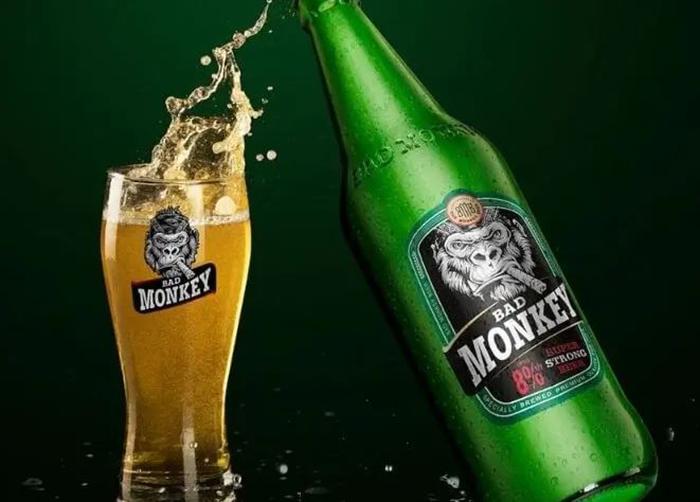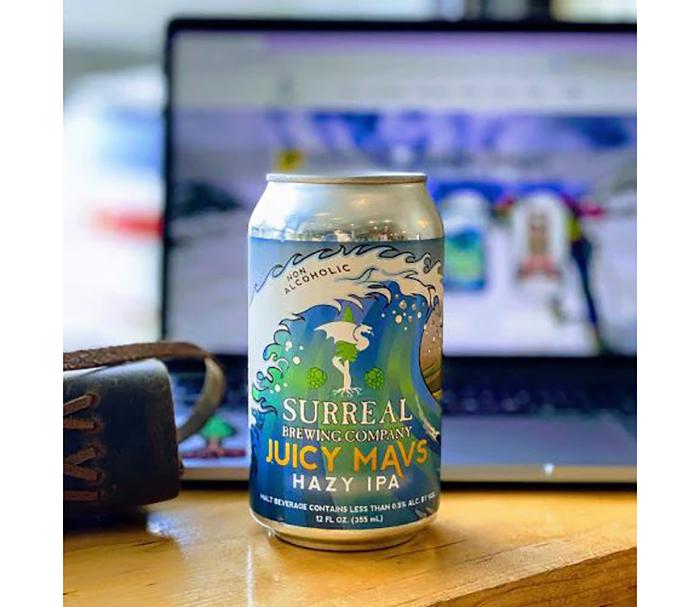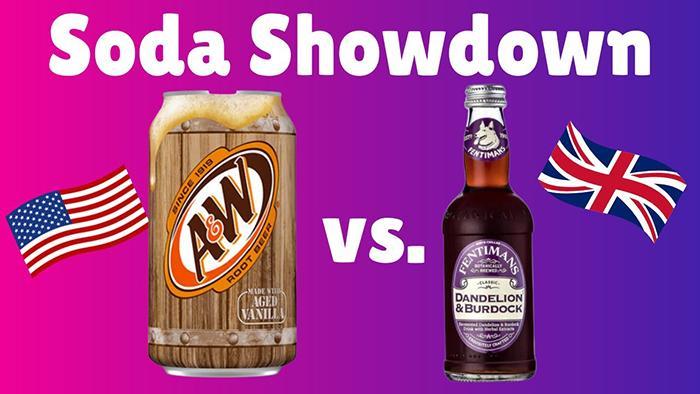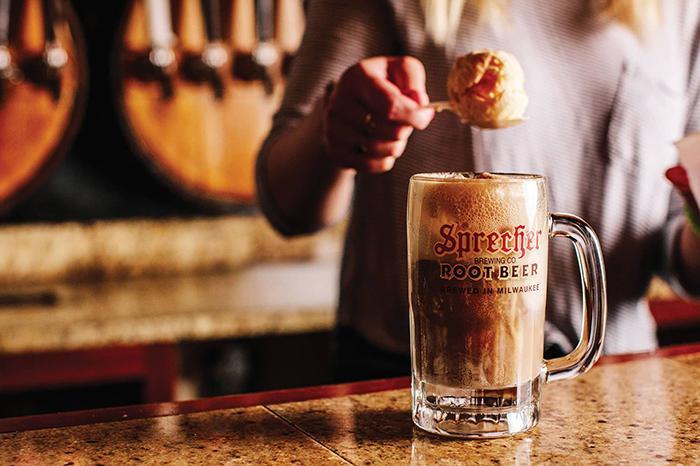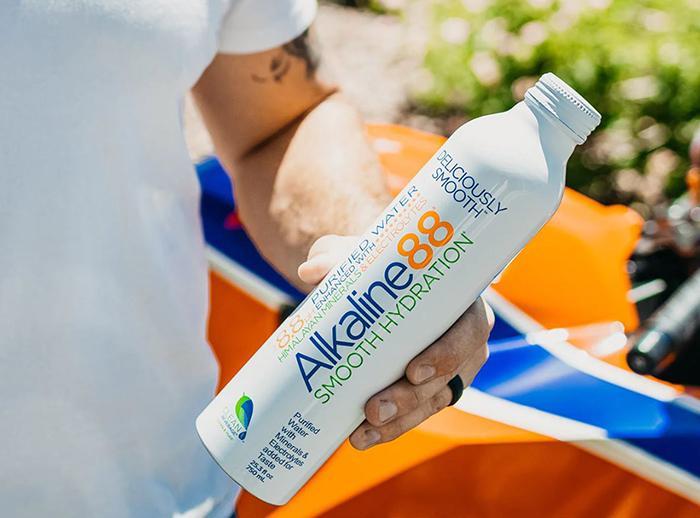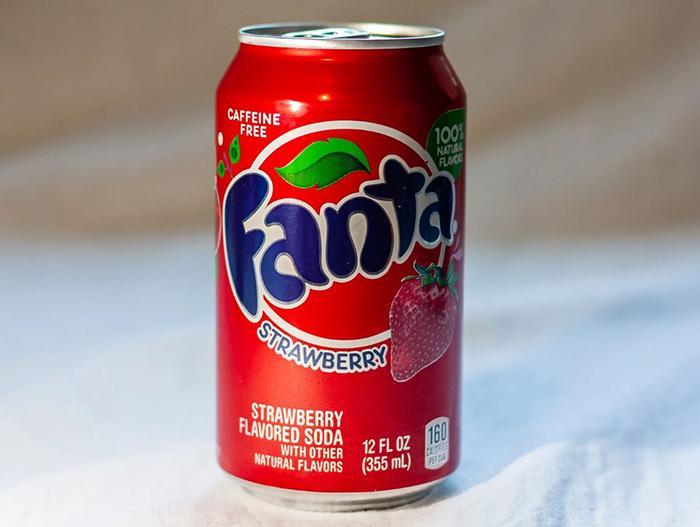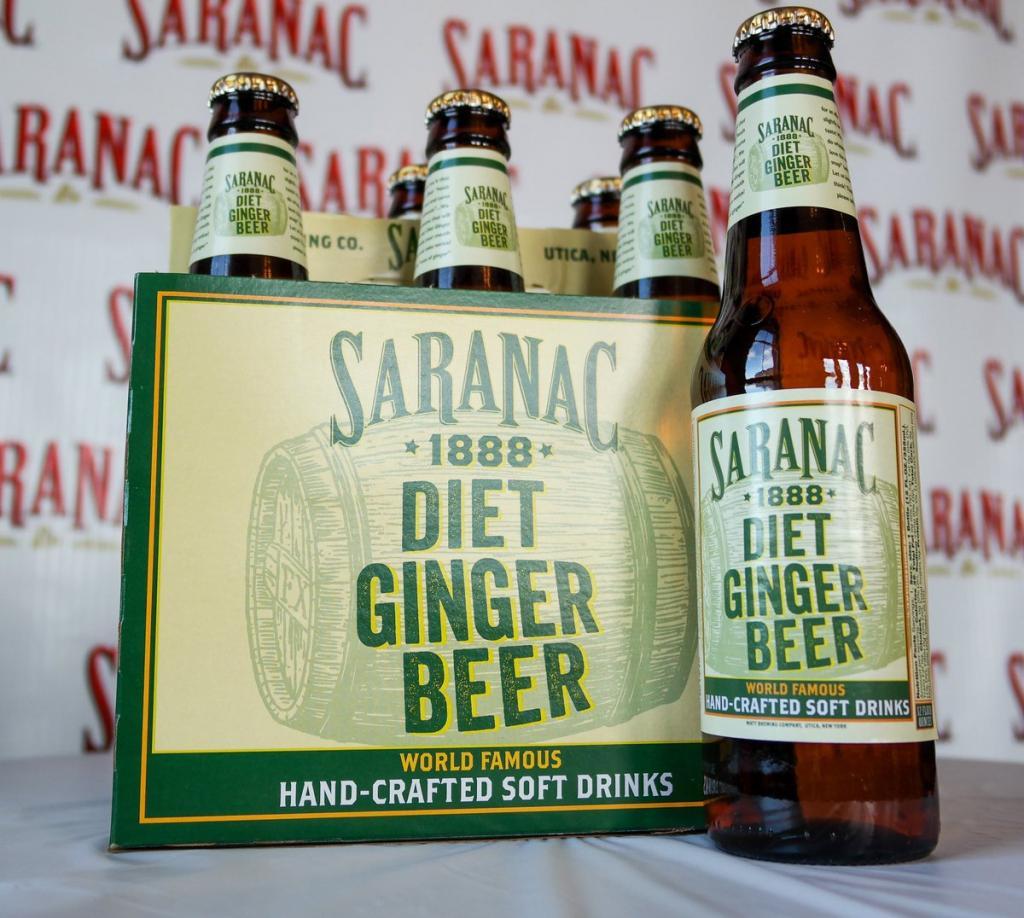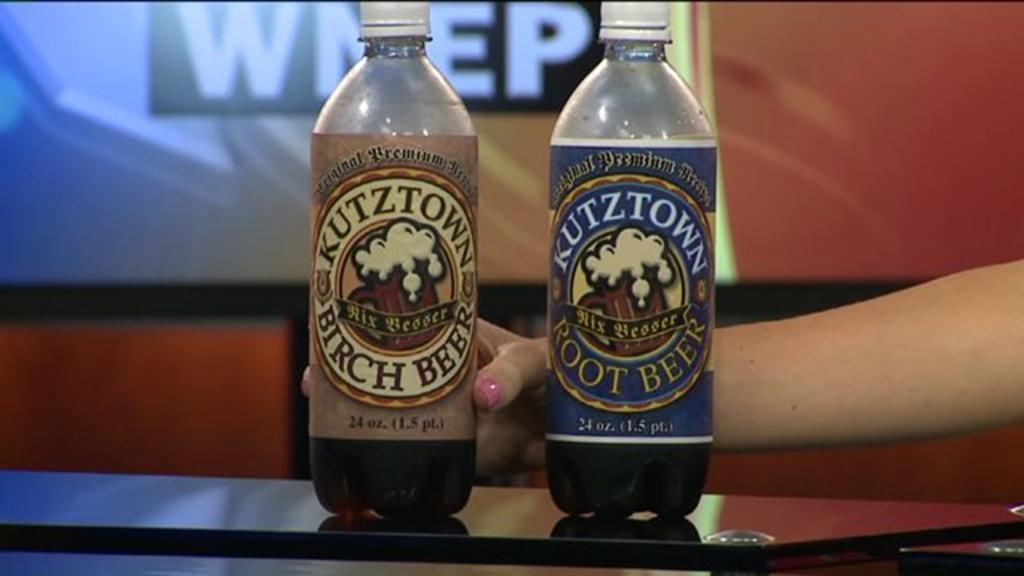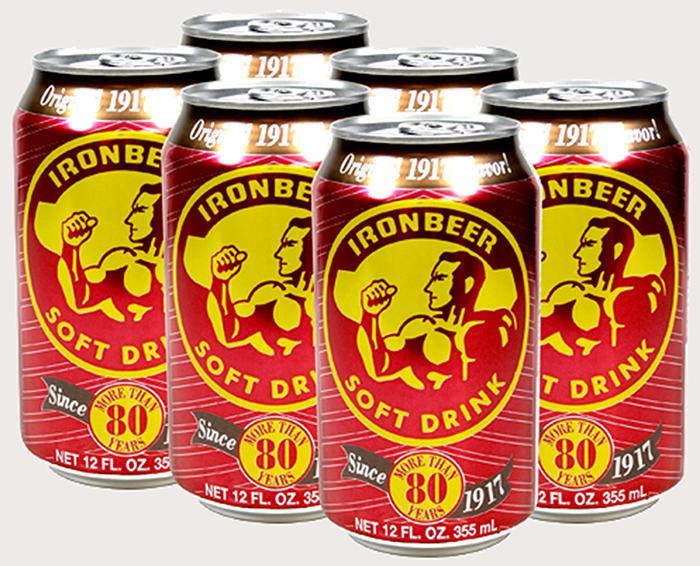Ever wondered why some people cringe at the taste of beer while others revel in its malted glory?
It’s a peculiar conundrum, especially when you know that personal genetics and certain taste receptors play an influential role in distinguishing between a delightful gulp or a bitter recoil.
You Are Watching: Why Does Beer Taste Bad Updated 01/2026
This article dives into the science behind beer flavors, demystifies key factors shaping your suds experience, and deciphers why for some folks, beer just tastes bad.
Stick around if you’re ready to unravel this frothy mystery!
The Science of Beer Taste
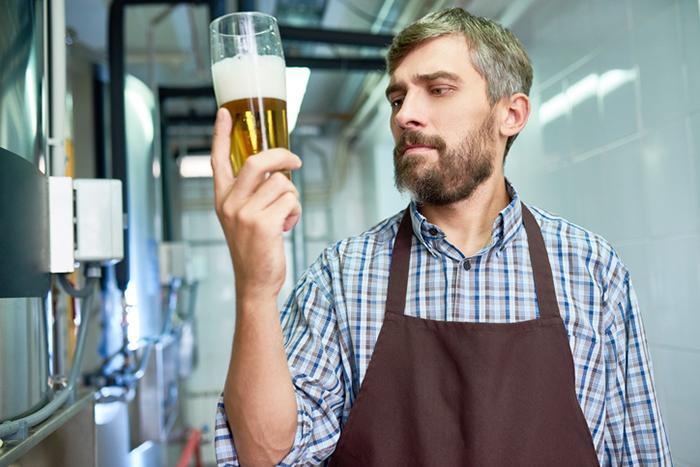
Beer taste is influenced by the ingredients used in brewing, such as hops and malt, which contribute to the various flavor profiles of different beers.
The Role of Beer Ingredients
The role of beer ingredients is pivotal in shaping its taste. Each component brings its unique flavor, contributing to the overall profile of the brew. The main ingredients in beer are water, malted grains (usually barley), hops, and yeast.
Malt provides sweetness and color to your glass of frothy delight, while hops counterbalance the sweetness with their natural bitterness. The harshness can vary wildly depending on the type and amount used.
Yeast plays a dual role: it not only ferments sugars into alcohol but also imparts specific flavors based on different strains.
Certain off-kilter tastes could creep in due to ingredient imbalances or mishandling during brewing—think excessively bitter notes from overuse of hops or an unusually sweet undertone if too much malt is thrown into the mix.
Other culprits for skewing that perfect suds balance include chemical changes caused by drastic temperature swings or even aging past optimal consumption dates.
Flavor Profiles of Beers
The distinctive flavor profiles of beers are governed by the combination of ingredients they contain, primarily the malt, hops, yeast, and water.
Each beer type has its unique taste, which can be bitter, sweet, or even fruity, depending on the brewing process.
| Beer Type | Flavor Profile |
|---|---|
| IPA (India Pale Ale) | IPA is typified by its high hop content, giving it a strikingly bitter flavor, derived from the alcohol’s innate bitterness and the presence of hops. |
| Stout | Stouts are marked by a rich, roasted note stemming from the malt’s toasting or roasting process. This imparts a hint of bitterness, albeit not as pronounced as in IPAs. |
| Lager | Popular for their crisp and clean taste, lagers integrate a delicate balance of sweetness and bitterness, making them among the easier beers to drink. |
| Wheat Beer | Wheat beers are generally sweeter and smoother, with a yeasty flavor. They’re less bitter than many other types, appealing to those who find the bitter taste of beer off-putting. |
| Fruit Beer | Fruit beers, as the name suggests, incorporate fruit during fermentation. This lends them a refreshing fruitiness that can be an excellent choice for those not typically fond of beer. |
It’s essential to remember that extreme temperature changes or chemical changes in these beers can alter their taste, potentially making them taste bad.
Additionally, factors like one’s genetic makeup and individual sensitivity can contribute to how these flavor profiles are perceived, with some individuals enjoying certain beer types more than others.
Lastly, it’s worth noting that as you expand your beer-tasting experiences, you may acquire a preference for certain flavors over time.
Factors Affecting Beer Taste
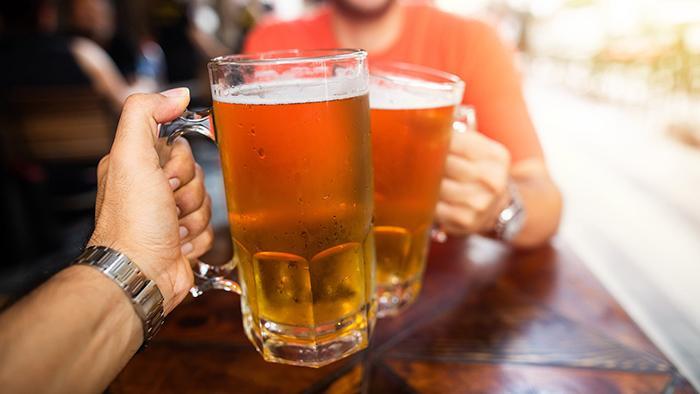
Bitterness
Bitterness is a common factor in the taste of beer and can play a significant role in why some people find it unpleasant. This bitterness comes from two main sources: alcohol itself, which has a naturally bitter taste, and hops, which are commonly used in brewing to add flavor and aroma.
Read More : Most Popular Alcoholic Drink In The World Updated 01/2026
Hops contain compounds called alpha acids, which contribute to the bitterness of beer. The amount of bitterness can vary depending on the specific beer style and how much hops are used during the brewing process.
While some individuals may enjoy the bitter taste of beer, others may find it overpowering or simply not to their liking. It’s essential to recognize that individual preferences for bitterness can be influenced by genetics and personal experiences with flavors over time.
Sweetness
Some people may find beers with excessive sweetness to be unappealing, as it can give a syrupy texture and cloying sensation.
The level of sweetness in beer can vary depending on factors such as the type of malt used and the brewing process. Additionally, individual sensitivity to sweet tastes can also play a role in how someone perceives the sweetness in beer.
It’s worth noting that not all beers are sweet, and some individuals may prefer beers with a balanced or even slightly bitter flavor profile.
Understanding one’s personal preferences and exploring different types of beers can help individuals find their preferred level of sweetness when it comes to enjoying this popular beverage.
Acidity
Acidity is another factor that can affect the taste of beer. It refers to the presence of acids in the beer, which can create a sharp or tart sensation on the palate. Some beers have a higher acidity level due to certain brewing techniques or ingredients like souring agents or certain strains of yeast.
These acidic flavors can add complexity and brightness to some beers, but they may not be enjoyable for everyone. For individuals with sensitive taste buds, high acidity in beer can result in an unpleasant taste experience.
So if you’re someone who prefers milder flavors, it’s important to pay attention to the acidity levels when selecting your brews.
Carbonation
Carbonation is an important factor that affects the taste of beer. When you open a beer, you’ll notice those satisfying bubbles rising to the surface. These bubbles are carbon dioxide gas that’s been infused into the liquid during the fermentation process.
Carbonation gives beers their characteristic fizz and can enhance the drinking experience by adding a refreshing sensation on your palate. However, excessive carbonation can also be unpleasant, leading to a bloating feeling or even causing the beer to taste overly fizzy or acidic.
Finding a beer with just the right level of carbonation is key to enjoying its taste without any unwanted sensations.
Roasted or Toasted
Roasted or toasted flavors can significantly impact the taste of beer, sometimes leading to a bad experience for some individuals. When grains used in brewing, such as barley or wheat, are roasted or toasted, they develop unique flavors that can range from nutty and caramel-like to rich and smoky.
These flavor profiles are often desired in certain styles of beer, like stouts and porters. However, for those who don’t enjoy these roasted notes, it can result in an unpleasant drinking experience.
The intensity of the roasted or toasted flavors will vary depending on the specific beer and its brewing process. Some people may find these flavors too overpowering or simply not to their liking.
Fruitiness
Beer can taste bad when it has an unpleasant fruitiness. Some beers, particularly certain styles like IPAs or Belgian ales, may have fruity flavors that are desired and appreciated by many beer enthusiasts.
However, for some individuals with alcoholism or those who are sensitive to the taste of alcohol, the fruitiness in beer can be off-putting and contribute to the perception of a bad taste.
This is because the fruity notes might enhance the sweetness or make the beer feel heavier on the palate, which can be undesirable for some people.
Understanding Personal Preferences
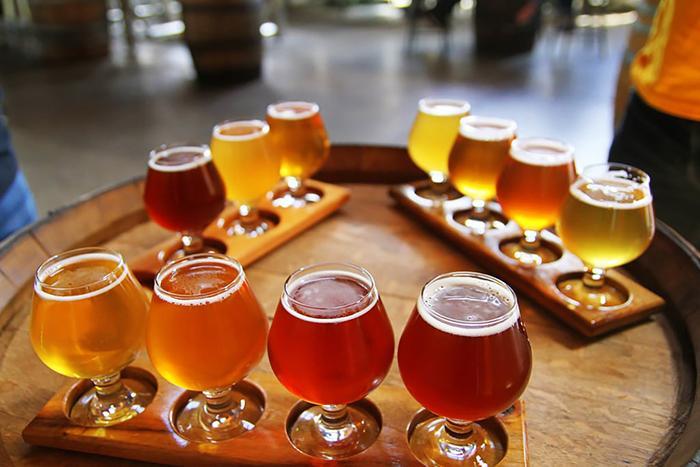
Genetics and Taste
Genetics play a significant role in our taste preferences, including our perception of the flavor of beer. Some people may have genetic patterns that make them more inclined to enjoy the taste of beer, while others may find it unappealing.
Scientific research has suggested that certain genes could be responsible for why some individuals don’t enjoy beer’s flavor. This means that if you or someone you know doesn’t like the taste of beer, it might not be a personal preference or something that can be easily changed.
Genetic factors can greatly influence how we perceive and enjoy different flavors, including those found in beer.
Individual Sensitivity
When it comes to alcohol, some people have higher sensitivities than others, and this can greatly impact their enjoyment or dislike of certain flavors in beer.
For example, individuals with heightened sensitivity to bitterness may find hoppy beers overwhelming and unpleasant.
For instance, someone who grew up with a strong preference for sweet beverages might find the bitterness in certain beers off-putting at first but could develop an appreciation over time through repeated exposure and acquired taste.
Cultural Influences
Cultural influences play a significant role in shaping our taste preferences, including how we perceive the taste of beer. In different cultures around the world, beer is consumed and appreciated in various ways.
For example, certain societies have a long-standing tradition of brewing and consuming beer, which can influence their perceptions of what tastes good or bad.
In these cultures, individuals may develop a greater tolerance for bitterness or appreciate certain flavor profiles that others might find unpleasant.
Moreover, cultural traditions and social norms also impact the way people experience beer. The context in which beer is consumed – whether it’s during celebrations, social gatherings, or as part of traditional rituals – can significantly influence how we perceive its taste.
Our cultural upbringing shapes our expectations and associations with flavors, influencing what we consider enjoyable or distasteful.
Furthermore, cultural influences extend beyond individual experiences to marketing strategies employed by breweries worldwide.
Advertisements and branding techniques often cater to specific cultural demographics by promoting particular flavor profiles or emphasizing cultural symbols linked to beer consumption.
Previous Experiences
Our past encounters with various flavors, both positive and negative, can create lasting impressions on our palates.
For individuals struggling with alcoholism, negative experiences associated with beer may contribute to perceiving its taste as unpleasant. These experiences could stem from adverse effects of excessive drinking or the negative consequences that have resulted from their alcohol consumption habits.
Additionally, cultural influences and societal norms surrounding alcohol consumption can also impact how we perceive the taste of beer.
If someone grew up in an environment where alcohol was viewed negatively or had limited exposure to beer-drinking culture, they may be less inclined to develop a fondness for its flavor.
Sources: https://chesbrewco.com
Category: Beer


